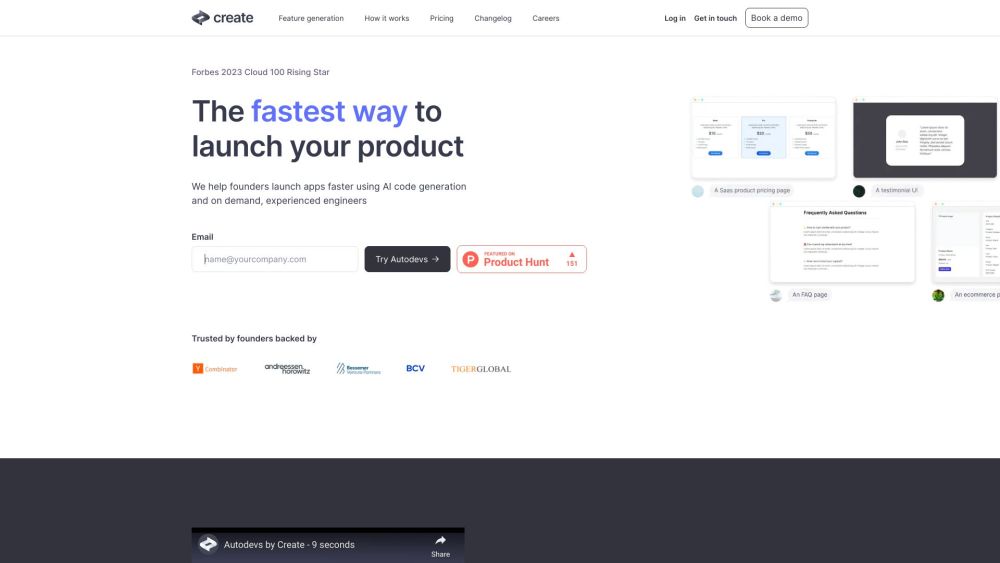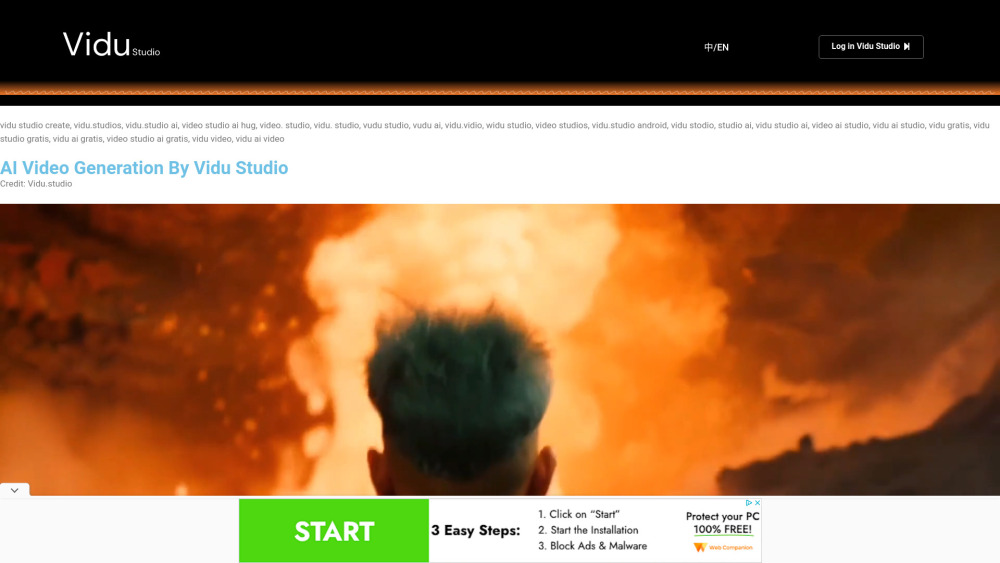Google has updated the free version of its Gemini chatbot, introducing the low-latency multimodal model, Gemini 1.5 Flash, and increasing the availability of source links to minimize hallucinations.
Gemini 1.5 Flash, which was previously exclusive to developers, excels in quick-response tasks like addressing customer inquiries. Announced at the Google I/O developer conference in May, it is now accessible to the public.
With a large context window of approximately 1 million tokens, Gemini 1.5 Flash is designed for handling complex questions and extended conversations. The chatbot will feature a 32K token context window, enhancing its conversational capabilities.
To leverage this update, Google is enabling file uploads from Google Drive and devices in the free version of Gemini, a feature that was previously available only in the paid Gemini Advanced version.
When it first launched, Google claimed that Gemini 1.5 Flash operates 40% faster than OpenAI’s GPT-3.5 Turbo. Unlike the smaller models in the Gemma family, it is trained on the same data as the Gemini 1.5 Pro.
Available on both mobile and desktop, Gemini 1.5 Flash can be accessed in over 230 countries and territories, supporting 40 languages.
Reducing Hallucinations with Links
Hallucinations remain a challenge for AI models. In response, Google is implementing a feature that includes relevant links within prompts requesting information. This aims to clarify that the AI-generated content is based on reliable sources.
“Starting today, English language prompts in select countries will provide additional information through links within Gemini’s responses. Click on the chip at the end of a paragraph to explore related websites,” Google stated in a blog post.
Additionally, Gemini will include links to relevant emails when applicable.
Google is also introducing a verification feature that utilizes Google Search to confirm which responses are supported or contradicted by online sources.
Google's approach mirrors that of other providers like ChatGPT and Perplexity, which also incorporate citations and links for attribution in their responses.
However, a report by Nieman Labs highlighted instances where chatbots inaccurately generated links, sometimes directing users to non-existent or unrelated news stories.





